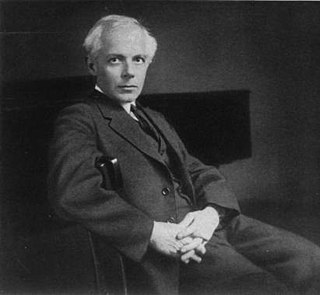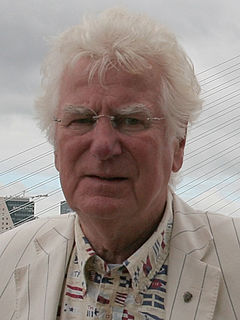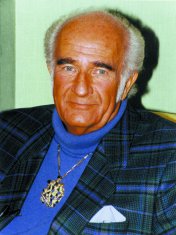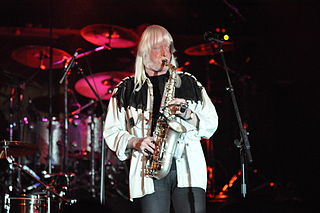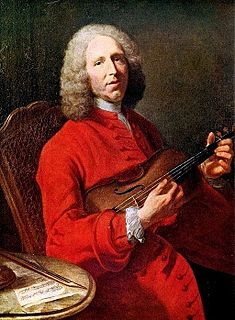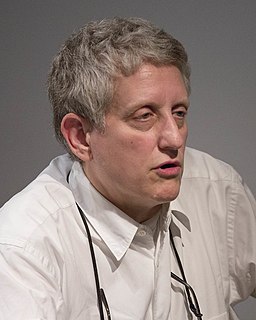A Quote by Susanne Katherina Langer
Related Quotes
Our peasant music, naturally, is invariably tonal, if not always in the sense that the inflexible major and minor system is tonal. (An "atonal" folk-music, in my opinion, is unthinkable.) Since we depend upon a tonal basis of this kind in our creative work, it is quite self-evident that our works are quite pronouncedly tonal in type. I must admit, however, that there was a time when I thought I was approaching a species of twelve-tone music. Yet even in works of that period the absolute tonal foundation is unmistakable.
My interest in music tends toward being orchestral music. And the repertoire of music that exists is, to me, far more emotive than what is standardly used in movie scores. That isn't always. I think there've been some excellent movie scores by excellent directors. But for the most part, watching a film, one of today's movies, I think that the emotional undertone of movie scores is pretty poor.

